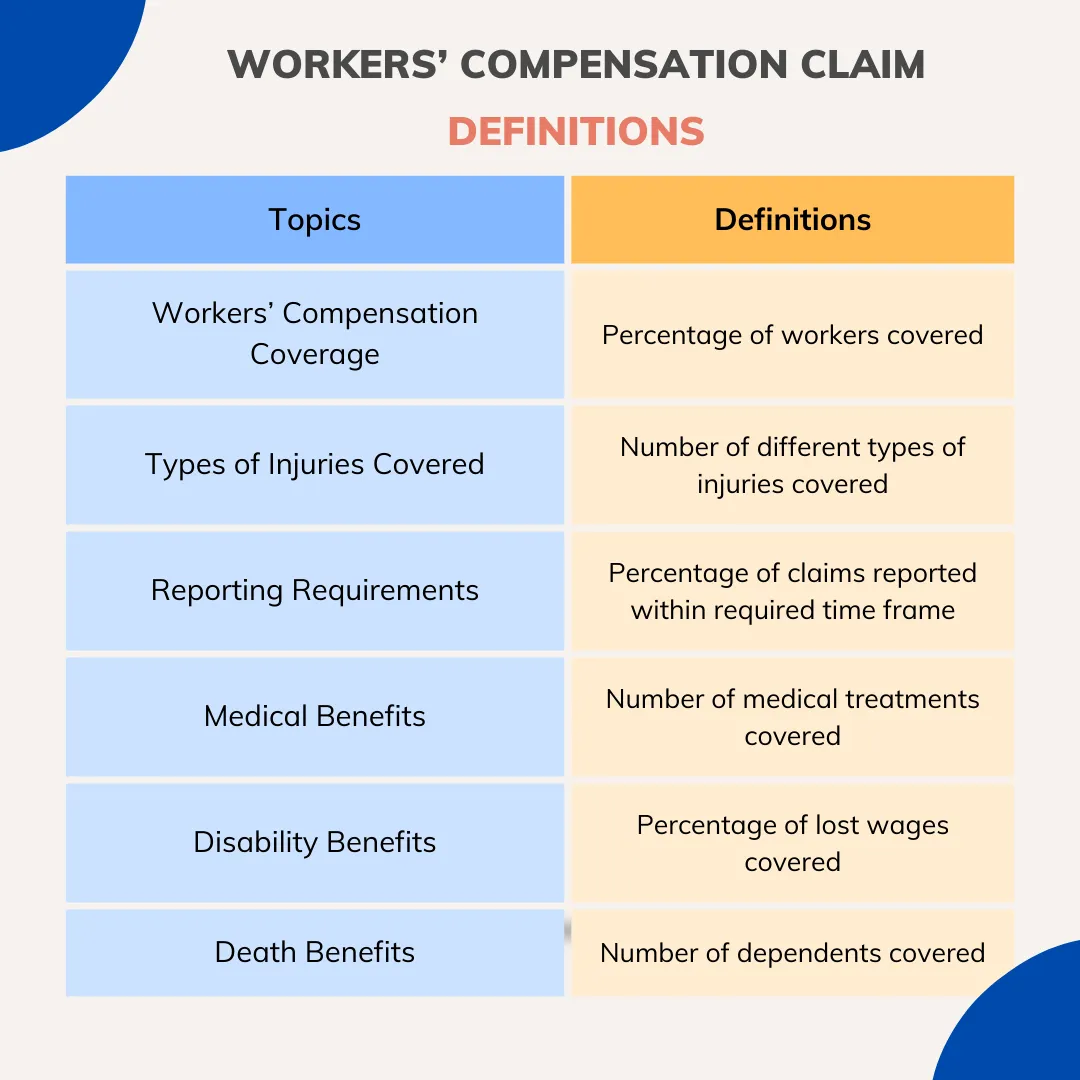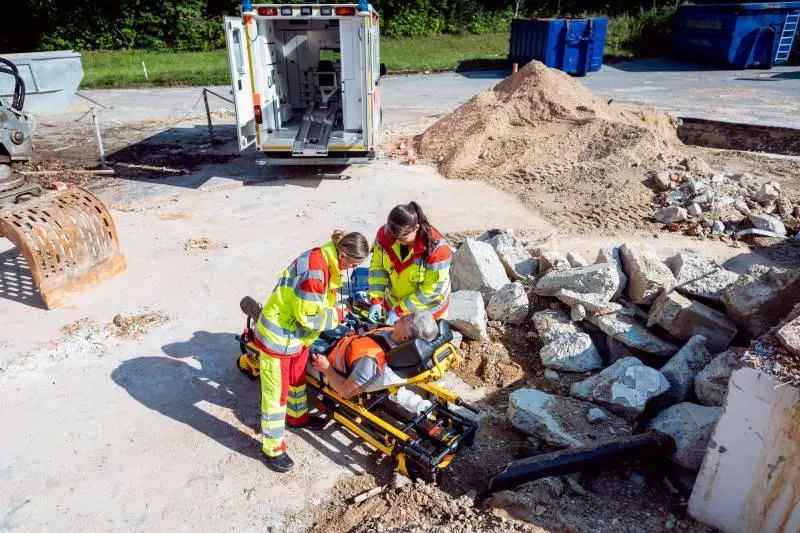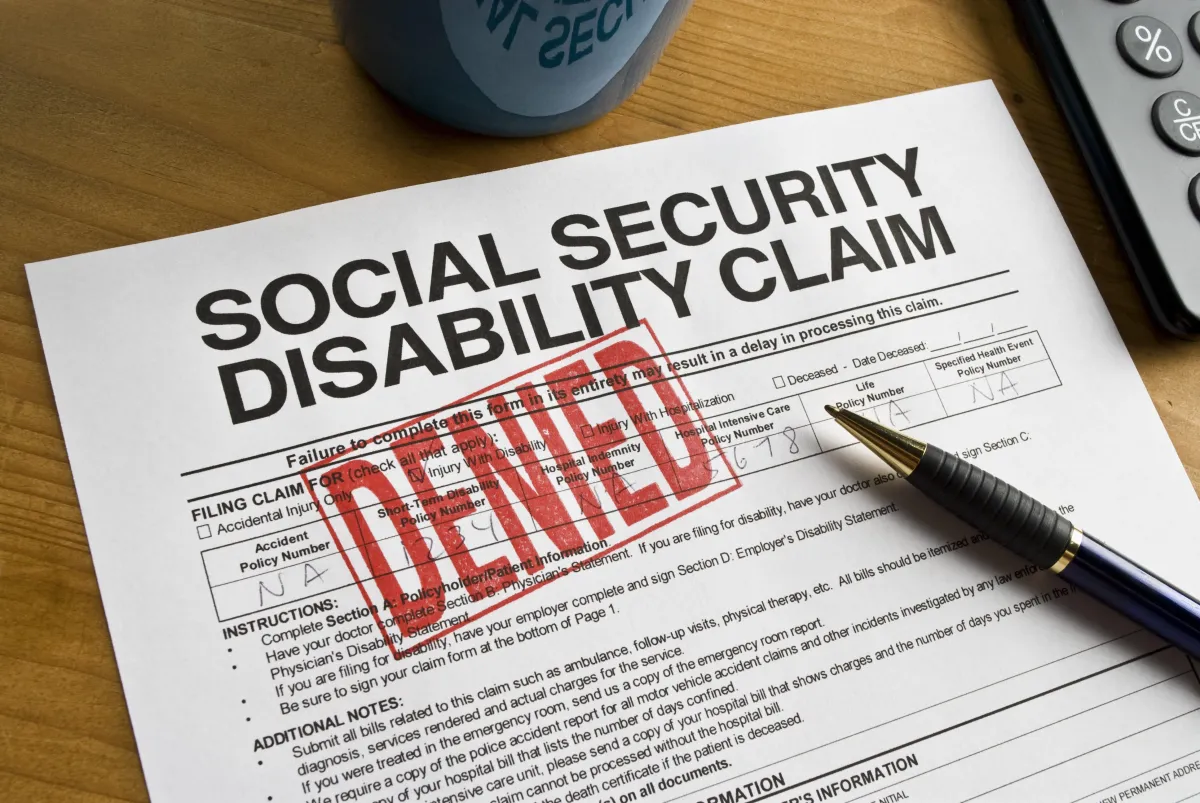WORKERS' COMPENSATION
Know Your Rights A Guide to Florida Workers Compensation
More Workers' Compensation Information
How to File a Claim with the Florida Division of Worker’s Compensation
Our West Palm Beach On the Job Injury Attorneys Break Down Workplace Accident Injuries
Our West Palm Beach Workman Compensation Attorneys will Help You Appeal a Denied Claim
Let a West Palm Beach Occupational Disease Lawyer Help You Pursue Coverage and Compensation
Do I Get Paid If I Get Hurt at Work? Understanding Paid Injury Claims for Work-Injured
Do you know your rights in workers' compensation cases in Florida. Workers' compensation is a form of insurance that provides wage replacement and medical benefits to employees who are injured or become ill as a result of their job. This insurance is mandated by Florida law and is designed to protect both employees and employers. In the state of Florida, workers' compensation is governed by the Florida Division of Workers' Compensation, which ensures that employees receive the benefits they are entitled to in the event of a work-related injury or illness. Workers' compensation benefits can include medical treatment, temporary disability benefits, permanent disability benefits, and vocational rehabilitation.
Workers' compensation is a no-fault system, meaning that employees are entitled to benefits regardless of who was at fault for the injury or illness. This means that even if the employee's own negligence contributed to being injured on the job, they are still eligible for workers' compensation benefits. However, there are certain limitations to this no-fault system, and not all injuries or illnesses may be covered under workers' compensation. It is important for employees to understand their rights and protections under Florida's workers' compensation laws in order to ensure they receive the benefits they are entitled to.
Key Takeaways
Workers' compensation in Florida provides benefits to employees who are injured or become ill as a result of their job.
Eligibility for workers' compensation in Florida is extended to most employees, including full-time, part-time, and seasonal workers.
Benefits of workers' compensation in Florida include medical treatment, lost wages, and disability benefits.
The process of filing a workers' compensation claim in Florida involves notifying your employer, seeking medical treatment, and completing necessary paperwork.
Common mistakes to avoid when filing for workers' compensation in Florida include failing to report the injury promptly and not seeking legal assistance when needed.
Who is Eligible for Workers' Compensation in Florida?
In the state of Florida, most employers are required to provide workers' compensation coverage for their employees. This includes full-time, part-time, seasonal, and temporary workers. However, there are some exceptions to this requirement, such as independent contractors, domestic workers, and certain agricultural workers. It is important for employees to understand whether they are covered by workers' compensation in order to ensure they receive the benefits they are entitled to in the event of a workplace injury or illness.
In order to be eligible for workers' compensation benefits in Florida, the injury or illness must have occurred as a result of the employee's job duties. This means that injuries sustained while commuting to and from work, during lunch breaks, or while engaging in personal activities are generally not covered under
workers' compensation. Additionally, injuries that are self-inflicted or caused by the employee's intoxication or drug use may not be covered. It is important for employees to understand the eligibility requirements for workers' compensation in order to ensure they receive the benefits they are entitled to.
Understanding the Benefits of Workers' Compensation
Workers' compensation benefits in Florida can include medical treatment, temporary disability benefits, partial disability or permanent disability benefits, and vocational rehabilitation. Medical treatment benefits cover the cost of necessary medical care related to the work-related injury or illness, including doctor's visits, hospital stays, surgeries, medications, and physical therapy. Temporary disability benefits provide wage replacement for employees who are unable to work while recovering from their injury or illness. These benefits typically amount to two-thirds of the employee's average weekly wage, up to a maximum amount set by state law. The employer's insurance is responsible for all the medical bills as long as they are related to the injury or illness.
Permanent disability benefits are available to employees who have sustained a permanent impairment as a result of their work-related illness or injury. These benefits are determined based on the severity of the impairment and the employee's ability to return to work. Vocational rehabilitation benefits are available to employees who are unable to return to their previous job due to their injury or illness. These benefits can include job training, education, and job placement assistance in order to help the employee return to the workforce. It is important for employees to understand the benefits available to them under workers' compensation in order to ensure they receive the appropriate lost wages and medical care while recovering from their injury or illness.
The Process of Filing a Workers' Compensation Claim

The process of filing a workers' compensation claim in Florida begins with notifying your employer of your injury or illness as soon as possible. In Florida, a work injury must be reported within 30 days from the date of the injury or illness to report it to their employer in order to be eligible for workers' compensation benefits. Once the injury or illness has been reported, the employer is required to provide the employee with a list of authorized medical providers where they can seek treatment for their work-related injury or illness.
After seeking medical treatment, the employee must file a claim for workers' compensation benefits with the Florida Division of Workers' Compensation. This claim must be filed within two years of the date of the injury or illness in order to be eligible for benefits. The claim will be reviewed by the Division of Workers' Compensation, and if approved, the employee will begin receiving the appropriate benefits for their injury or illness. It is important for employees to understand the process of filing a workers' compensation claim in order to ensure they receive the benefits they are entitled to in a timely manner.
Common Mistakes to Avoid When Filing for Workers' Compensation
There are several common mistakes that employees should avoid when filing for workers' compensation in Florida. One common mistake is failing to report the injury or illness to their employer within the 30-day time frame required by state law. Failing to report the injury or illness in a timely manner can result in a denial of workers' compensation benefits.
Another common mistake is failing to seek medical treatment from an authorized medical provider. In Florida, employees are required to seek treatment from a list of authorized medical providers provided by their employer in order for the treatment to be covered under workers' compensation. Seeking treatment from an unauthorized provider can result in the denial of workers' compensation benefits. Additionally, failing to file a claim for workers' compensation within the two-year time frame required by state law can result in a denial of benefits. It is important for employees to avoid these common mistakes in order to ensure they receive the benefits they are entitled to under workers' compensation.
Hiring a workers compensation attorney to help you with your claim is crucial. The workers' compensation lawyer is your advocate in walking you through the
workers' compensation system. Florida workers' compensation laws are not simple and that is why you need an expert Florida workers' compensation lawyer to
guide you through the whole process.
Your Rights and Protections under Florida's Workers' Compensation Laws
Employees in Florida have several rights and protections under the state's workers' compensation laws. One of these rights is the right to receive appropriate medical treatment for their work-related injury or illness. Employees have the right to seek treatment from an authorized medical provider and receive necessary medical care at no cost to them. Employees also have the right to receive wage replacement benefits if they are unable to work due to their work-related injury or illness. These benefits provide financial support for employees while they recover from their injury or illness and are unable to work.
Additionally, employees have the right to appeal any denials of workers' compensation benefits through the Division of Administrative Hearings. This allows employees to challenge any decisions made by their employer or their employer's insurance company reImagegarding their workers' compensation claim. It is important for employees to understand their rights and protections under Florida's workers' compensation laws in order to ensure they receive the benefits they are entitled to.
Seeking Legal Assistance for Workers' Compensation Claims
Navigating the workers' compensation process can be complex and overwhelming for many employees. In some cases, it may be beneficial for employees to seek legal assistance when filing a workers' compensation claim. An experienced workers' compensation attorney can help employees understand their rights and protections under Florida's workers' compensation laws and ensure they receive the benefits they are entitled to.
A workers' compensation attorney like the lawyers at Vassallo, Bilotta & Davis can also help employees navigate any disputes or denials of benefits that may arise during the claims process. They can provide legal representation during any appeals hearings and advocate for the employee's best interests throughout the process.
Additionally, a workers' compensation attorney can help employees understand their options if they are unable to return to work due to their work-related injury or illness. They can provide guidance on vocational rehabilitation benefits and assist with job placement assistance in order to help the employee return to the workforce. Overall, seeking legal assistance for a workers' compensation claim can help employees navigate the complex process and ensure they receive the benefits they are entitled to under Florida's workers' compensation laws.
In conclusion, understanding your rights and protections under Florida's workers' compensation laws is essential for ensuring you receive the benefits you are entitled to in the event of a work-related injury or illness. By understanding what workers' compensation is, who is eligible for it, and how to file a claim, you can navigate the process with confidence and ensure you receive appropriate medical care and wage replacement while recovering from your injury or illness. Additionally, it is important to avoid common mistakes when filing for workers' compensation and seek legal assistance if needed in order to protect your rights and advocate for your best interests throughout the claims process. Set up a free consultation with one of the experts at Vassallo, Bilotta & Davis to help you get informed and be proactive about your workers' compensation claim. You can ensure you receive the support you need during a difficult time and focus on your recovery without added stress or financial burden.
Frequently Asked Questions - FAQs
What is workers' compensation?
Workers' compensation is a form of insurance that provides wage replacement and medical benefits to employees who are injured or become ill as a result of their job.
What are the benefits you are entitled in Florida workers compensation claims?
Workers' compensation benefits typically include coverage for medical expenses, lost wages, vocational rehabilitation, and death benefits for the dependents of workers who are killed on the job.
Who is eligible for workers' compensation in Florida?
In Florida, most employers with 4 or more employees are required to provide workers' compensation coverage for their employees. This coverage applies to full-time, part-time, and seasonal workers.
How do I file a workers' compensation claim in Florida?
To file a workers' compensation claim in Florida, you must report your injury or illness to your employer as soon as possible, no later than 30 days from the work injury. Your employer is then required to provide you with a claim form to fill out and submit to the workers' compensation insurance carrier.
What should I do if my workers' compensation claim is denied?
If your workers' compensation claim is denied, you have the right to appeal the decision. You can request a hearing before a judge of compensation claims to present your case and seek a resolution.
Can I choose my own doctor for workers' compensation treatment?
In Florida, you have the right to choose your initial treating physician for a workers' compensation injury. However, after the initial visit, your employer or their insurance carrier may direct your care to a different physician within their approved network.
How can an experienced law firm of Florida workers compensation lawyers help you?
An experienced workers' compensation attorney has the training and skills to navigate the intricacies of the Florida workers compensation law.



